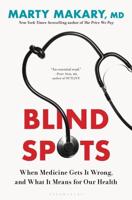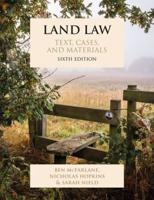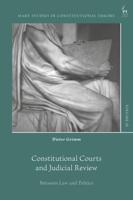Publisher's Synopsis
New CasebookPlus book purchase, or eBook & Learning Library purchase, includes complimentary digital access to the accompanying 2018 Supplement, when available.
As a part of our CasebookPlus offering, you'll receive the print book along with lifetime digital access to the eBook. Additionally you'll receive 12-month online access to the Learning Library which includes quizzes tied specifically to your book, an outline starter and digital access to leading study aids in that subject and the Gilbert® Law Dictionary. The included study aids are Criminal Procedure, Constitutional Limitations in a Nutshell, Acing Criminal Procedure and Exam Pro on Criminal Procedure. The redemption code will be shipped to you with the book.
For more than fifteen years, Criminal Procedure: Principles, Policies and Perspectives (and its softcover versions, Criminal Procedure: Investigating Crime and Criminal Procedure: Prosecuting Crime), written by Joshua Dressler and George C. Thomas III, has sought to inspire students to analyze and critique constitutional and non-constitutional criminal procedure doctrine.
The book features careful case selection and editing that includes dissenting and concurring opinions when useful in understanding the law. The Notes and Questions are uniformly thoughtful and sometimes even humorous.
The Sixth Edition includes most of the cases and material that users have told us were successful in the past. The book continues to include "in the trenches" material that gives students an idea of what life is like inside the squad car, the interrogation room, and the courtroom. We have added new material:
- Is it a search when Franky, the drug-sniffing dog, shows up at the front door of your home?
- Does a search of a cell phone seized incident to arrest require a search warrant?
- A new case, 5-4, on when an anonymous tip can amount to "reasonable suspicion."
- Can police force an arrestee to permit a swab of the inside of his cheek to collect a DNA sample?
- Three cases on compelling drunk driving arrestees to give blood or breath samples.
- Updated judicial and statutory efforts to reform pretrial identification practices.
- Cases making plain that the double jeopardy clause, when it applies, protects absolutely.
- Case making it easier for federal habeas corpus petitioners to benefit from new constitutional rules.
- Material dealing with police use of deadly force against unarmed civilians, too often young, African-American males.
- New Notes and Questions throughout.








